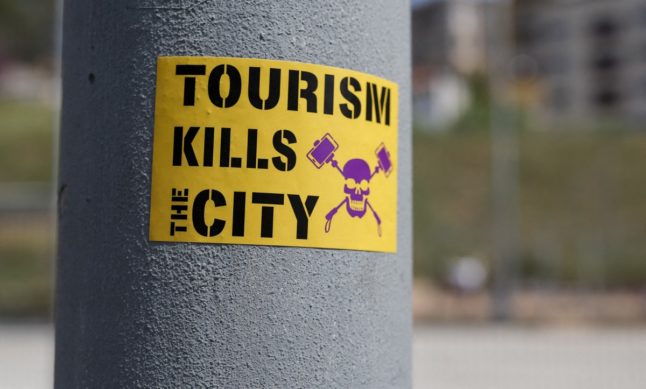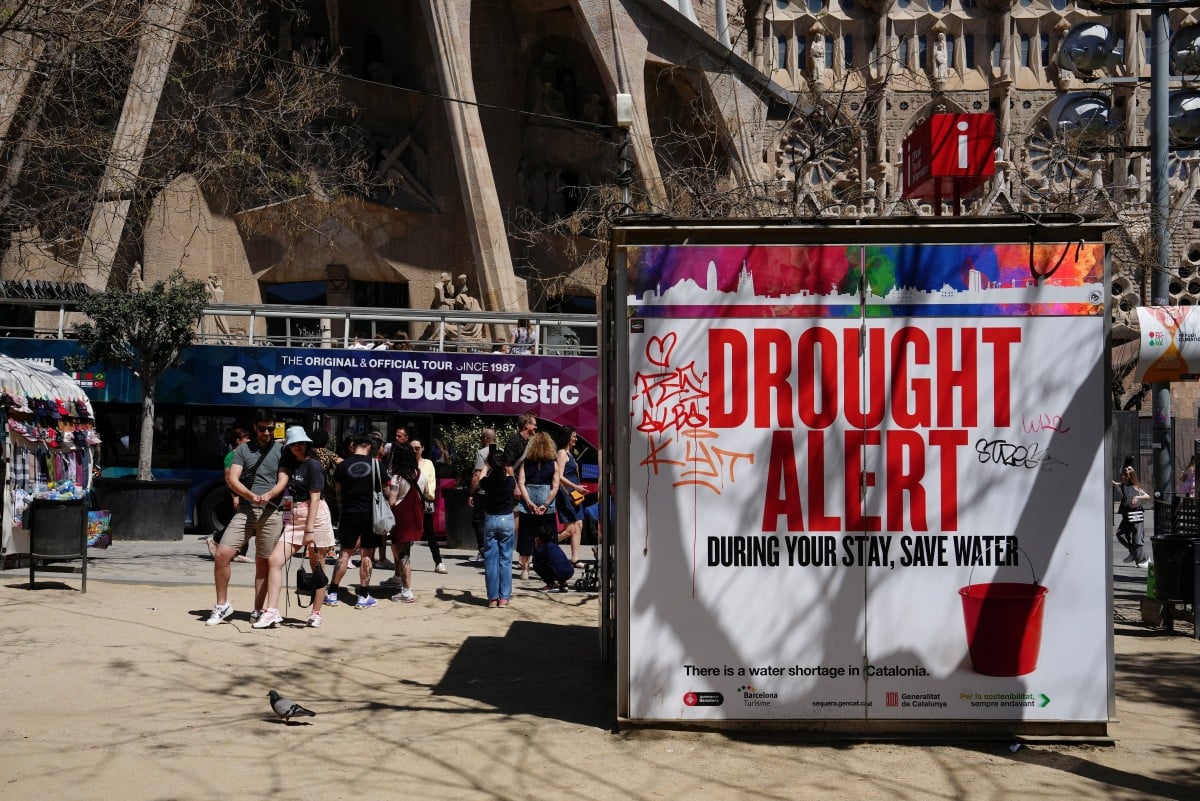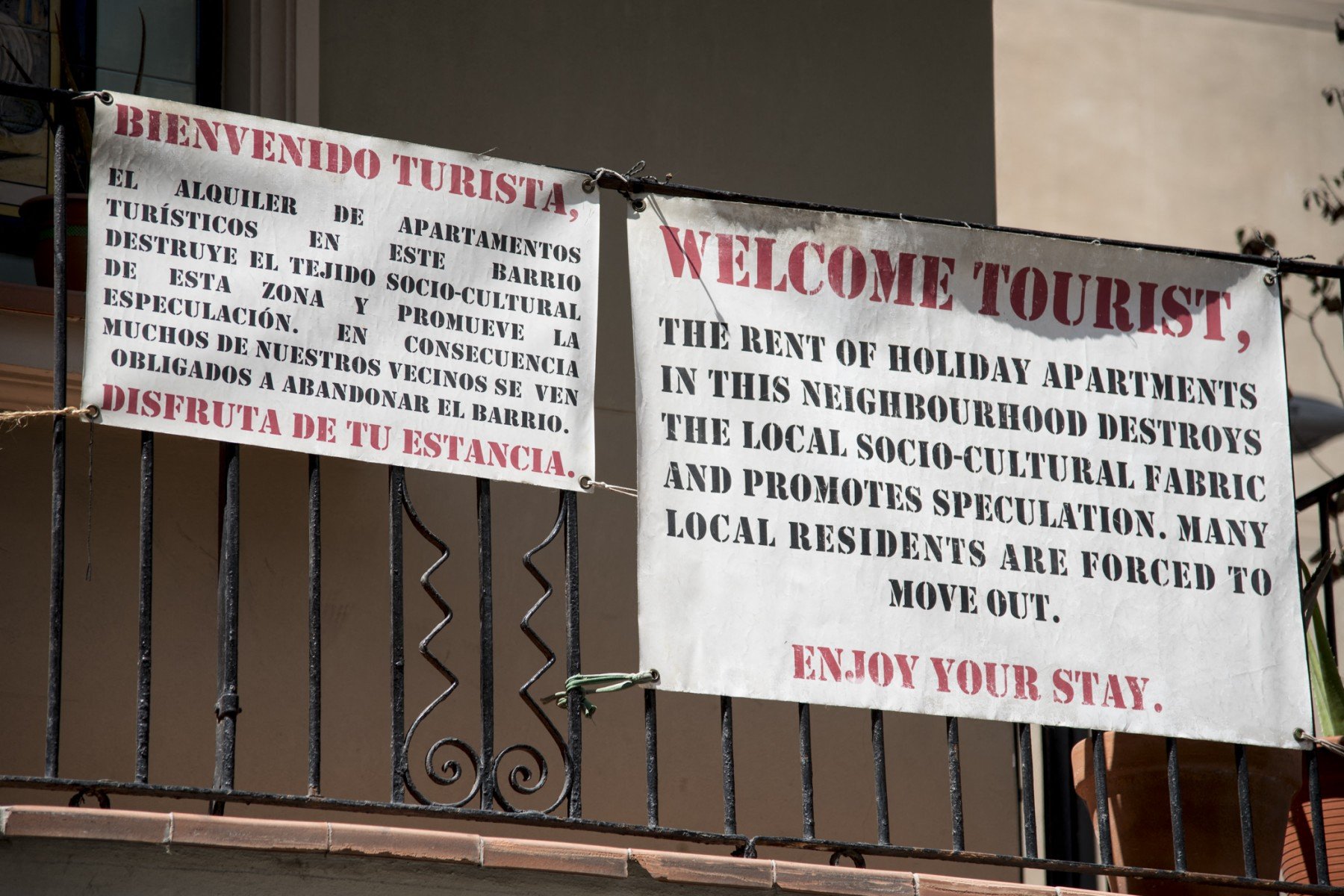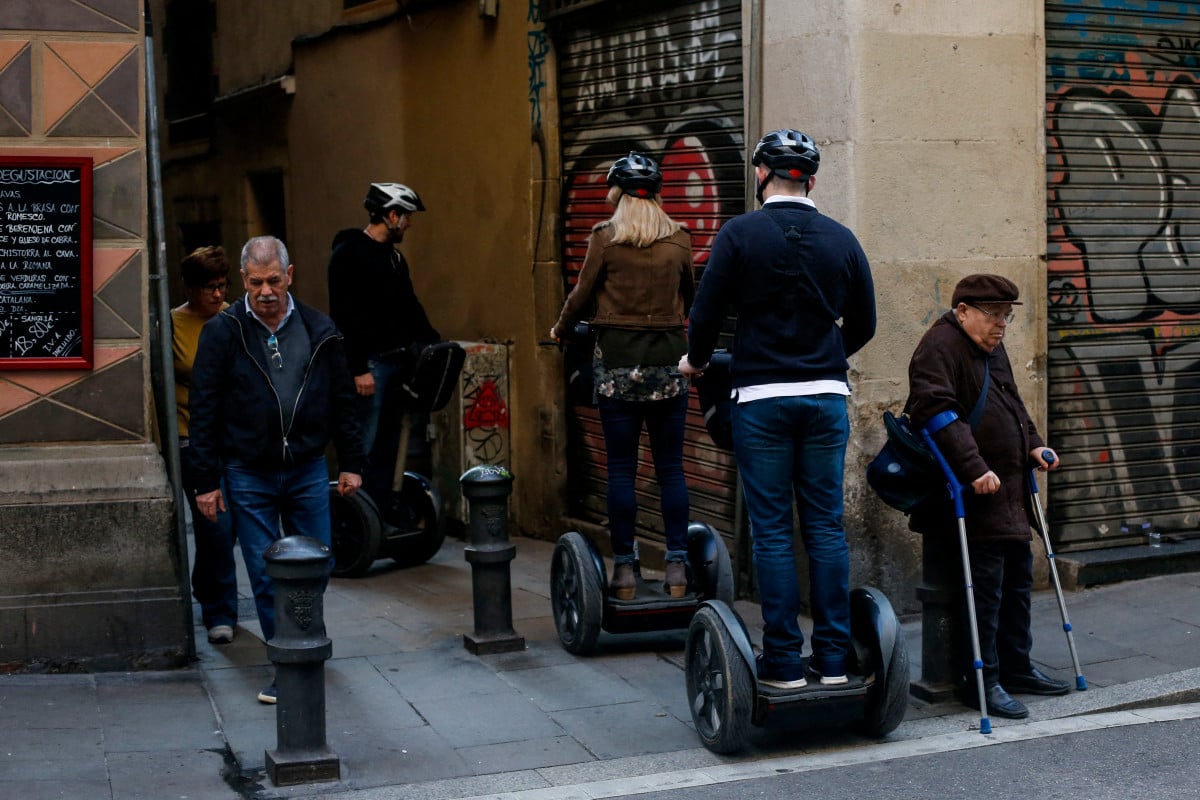British citizens across Europe have recently received letters from some of the UK’s biggest banks, advising that their UK-based bank accounts will be closed when the Brexit transition period ends. These closures will apply to credit card and/or current account holders who live in the EU but maintain banking facilities in the UK.
Britain’s largest banking group, Lloyds, started notifying of account closures in August, although not in all EU countries. Lloyds said it had written to customers living in “affected EU countries” to advise it could no longer provide them with “some UK-based banking services”, because of Brexit.
Confusion is increased due to the fact that only some banks are taking this stance, and only in selected EU countries. At present, only Lloyds, Coutts and Barclaycard (not Barclays bank) have notified customers of account closures.
READ MORE:
- Q&A: Why UK bank account closures could hit the most vulnerable Britons living in Spain
- How post-Brexit bank changes could affect British people in Spain
- Tell us: Is your UK bank closing or changing your account?
Recent newspaper coverage, especially in the UK media, has done little to curb customers’ concerns about the issue. Headlines warning that tens of thousands of Brits “would be stripped of their bank accounts and credit cards in weeks” have caused sufficient concern that many customers have contacted their financial providers, regardless of whether they’ve received a letter. The responses they received have hardly been enlightening or reassuring.
It’s understandable that answers are vague. While Brexit negotiations are ongoing, and before any deal between the EU and the UK is reached – if one is reached – then the terms for transferring monies to the EU are an unknown quantity. If the current EU-wide banking rules no longer apply to the UK after December 31st, it would be illegal for UK banks to provide services in the EU without a licence.
If no agreement is reached, banks will decide if it is cost-effective to apply for these licences. That decision will be based on the number of customers in a country, and the level of financial activity. You can, perhaps, draw your own conclusions from the fact that Lloyds has written to 13,000 customers in the Netherlands, Slovakia, Germany, Ireland, Italy and Portugal, and not to customers in Spain and France.
The British Embassy responded quickly to British migrants, updating its website with the following statement: “Most people living in Europe should not see any changes to their banking when the transition period ends (31st December 2020). Whether UK banks can service customers living in an EEA (European Economic Area) country is a matter of local law and regulation. Also banks are set up differently, and may have taken different actions to continue to serve their customers. Your bank or finance provider should contact you if they need to make any changes to your product or the way they provide it. If you have any concerns about whether you might be affected, contact your provider or seek independent financial advice.”
Brits living in Spain maintain British bank accounts for many reasons. Whether it is to facilitate UK travel, for business/income purposes, to mitigate exchange rate costs, or mere habit, any changes would be disruptive.
Last week, banking giant, JP Morgan, announced that it will move its £183billion business from London to Frankfurt due to Brexit. This hardly inspires confidence in the UK’s ability to protect the financial services industry.
This was then followed by the news that the UK’s richest person – Brexit supporter, Sir Jim Ratcliffe – is emigrating to Monaco with his estimated £17.5billion fortune. In the grand scheme of the high-flying financial world, it is unlikely that the banking arrangements of a few thousand Brits in Europe are high on the agenda in Westminster or Canary Wharf.

Photo: AFP
Personally speaking, I bank with Natwest and I have yet to receive a letter. My UK bank account is convenient when I’m travelling but it’s not vital. Using a Spanish credit card in the UK wouldn’t be the end of the world. My British state pension is already paid directly into my Spanish bank account, at a favourable interest rate (relatively speaking).
As a Spanish bank account holder with a regular monthly income, this also enables me to save on Spanish bank charges. Regardless of the negotiations, or the banks’ decisions, receiving my pension directly into my Spanish bank account is unlikely to change.
In the grand scheme of things re Brexit, losing banking privileges isn’t as bad as the loss of other benefits and rights, financial or otherwise. Those in a position to mitigate such losses, will do so. British entrepreneurs are digging deeper into their pockets to retain the benefits of EU citizenship.
So, stop worrying about your UK rental income and exchange rates and head off to Malta, Cyprus or Greece and buy yourself a treat! For a one-off payment of £1million, the Maltese government will welcome you with open arms and all your troubles will be over.
Nothing at all to worry about – it’s only money, right?
By Sue Wilson – Chair of Bremain in Spain

READ MORE:






 Please whitelist us to continue reading.
Please whitelist us to continue reading.
Member comments